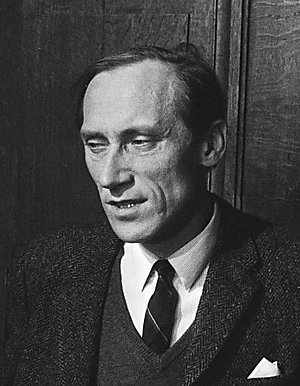Biography
(No Information)
Filmography
all 4
Movies 4
self 1
Screenplay 1
Information
Known ForWriting
GenderMale
Birthday1927-10-23
Deathday2009-07-17 (81 years old)
Birth PlaceRadom, Poland
CitizenshipsPolish People's Republic, Second Polish Republic, Nazi Germany, Poland
AwardsHonorary doctor of the University of Szczecin, Honorary doctor of the University of Gdańsk, Democracy Service Medal, Saint George medal, Jefferson Lecture, Gordon J. Laing Award, Prix Alexis de Tocqueville, Kluge Prize, MacArthur Fellows Program, Ernst Bloch Award, Peace Prize of the German Publishers' and Booksellers' Association, Order of the White Eagle, Erasmus Prize, Prix Européen de l'Essai Charles Veillon, Jerusalem Prize
This article uses material from Wikipedia.
Last updated:
Image credit: Bert Verhoeff for Anefo, CC BY-SA 3.0 nl, via Wikimedia Commons
 Leszek Kołakowski
Leszek Kołakowski- Filmography
- Information

